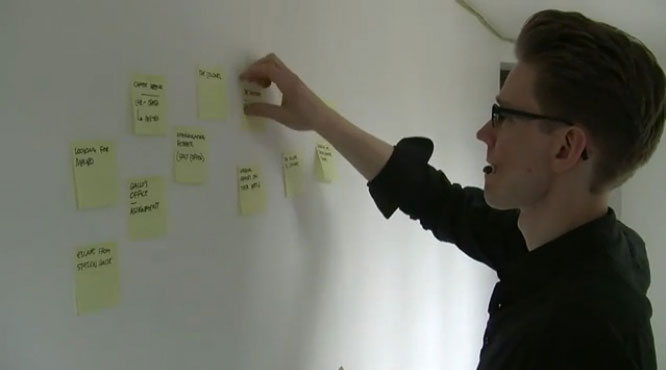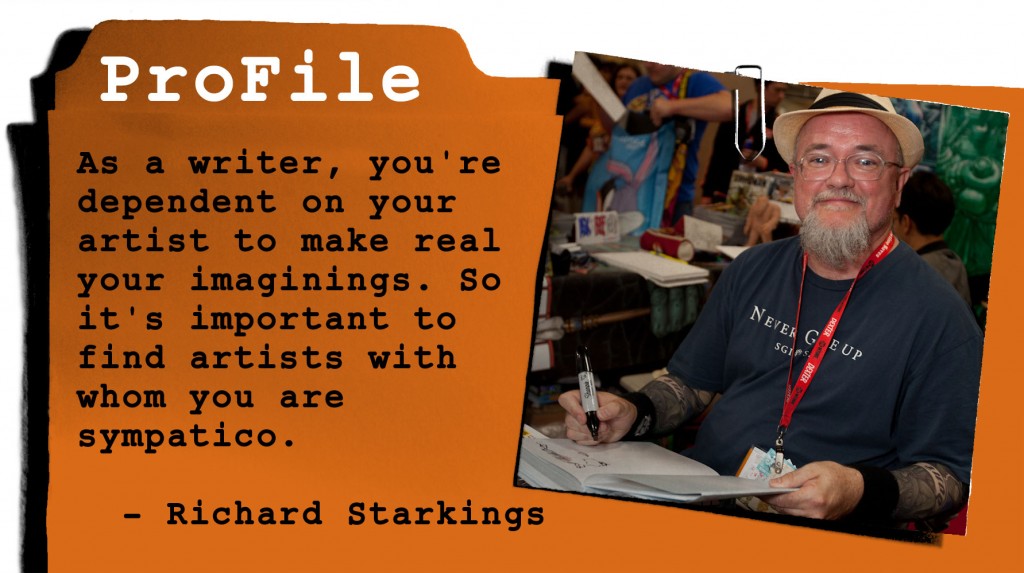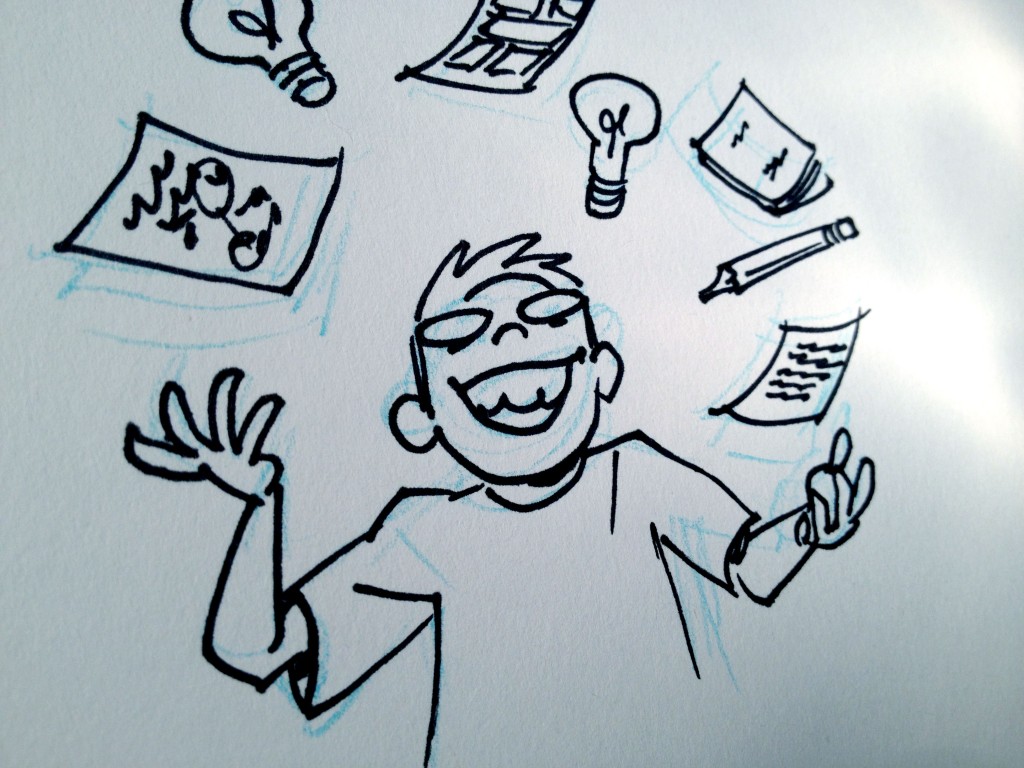
When you’re writing your script, it’s important to take the pressure off and ban your inner critic from meddling.
Writing a script for my comics was the lesson that took my process to the next level. And after I learned to write a script, the next most important lesson was to think of my script in terms of drafts. After all, if it’s a first draft, you don’t have to be Alan Moore right from the go!
Here are some pointers for getting that first draft done:
- Empty your head as fast as you can. Get it on paper, beginning, middle and end. You can always change the particulars later.
- Perfection is not what you’re going for. It’s a first draft and it will be edited later! Don’t worry about grammar or mull over character names or location description, just get the story beats down.
- Resist the urge to show your writing to anyone before the first draft is finished. Stephen King talks about writing with the door closed or door open in his book On Writing (which I can highly recommend). This means the first draft is yours and yours alone. If you have people critizing or asking the wrong questions it can totally derail your process. Write your first draft with the door closed.
- Think through scenes before you sit down to write them. Take notes or just run through the scene in your head. The good thing is you can do this anywhere, anytime. And it makes the actual writing SO much easier.
- Break it down into manageable parts if you feel looking at your entire story is overwhelming. 1st act, 2nd act, 3rd, act, individual scenes. Decide how many scenes is necessary to get from point A to point B and deal with each scene as its own little story, with beginning, middle and end.
- Always be moving forward. Force yourself to get to the end before you go back and change things in what you’ve already written. Take notes of what you want to change but save the editing for the second draft.
- Know the ending before you write the beginning. No, you don’t need to know the particulars but have an idea, a destination. At least know if it ends on a happy note or if it’s a tragic journey you’re setting out on.
- Bonus tip: When you DO get to the end and write that the way it’s supposed to be, go back and rewrite the beginning so you can put in little clues about the ending!
Now, as I say in episode 2 of the tutorial videos, it’s time to put your script in a drawer and forget about it!
Related video: Writing your script

